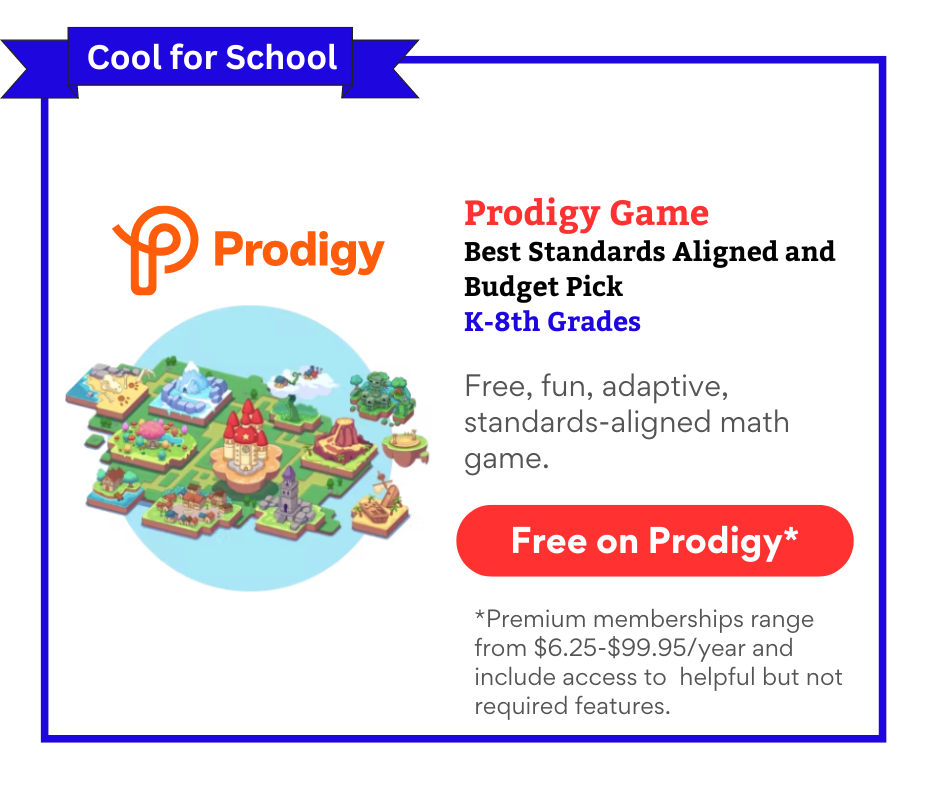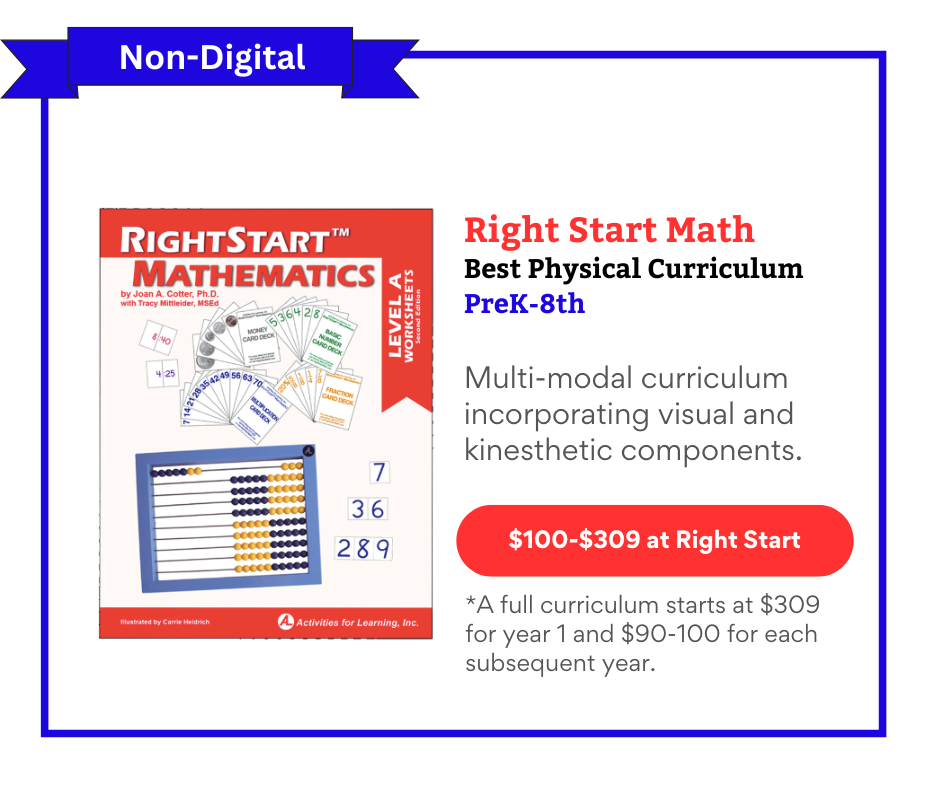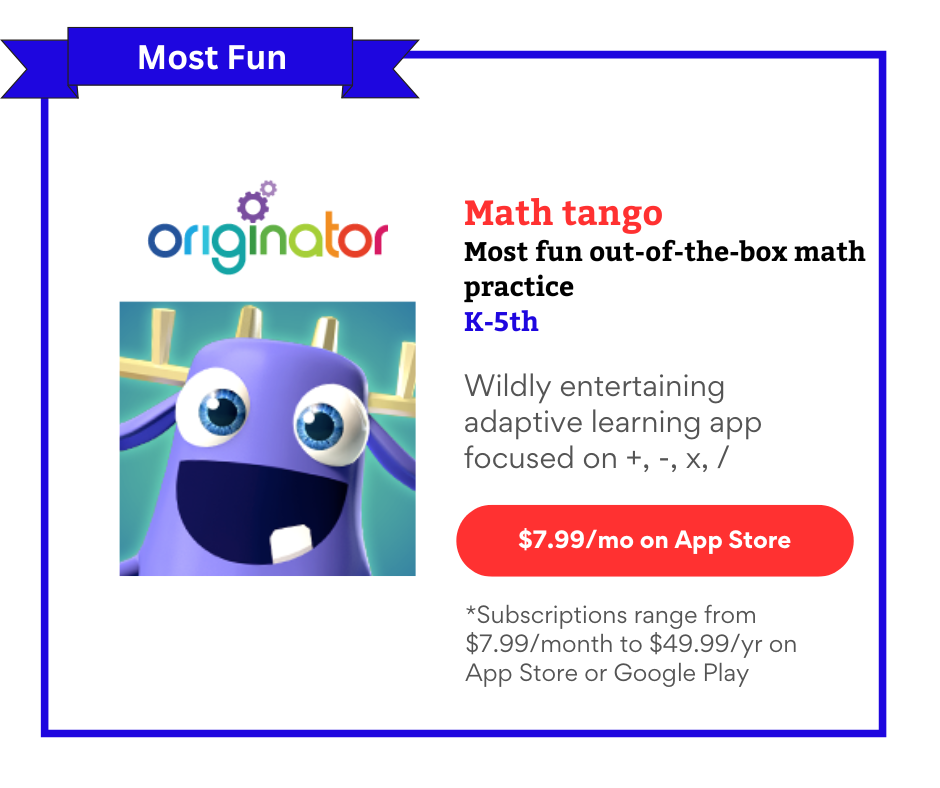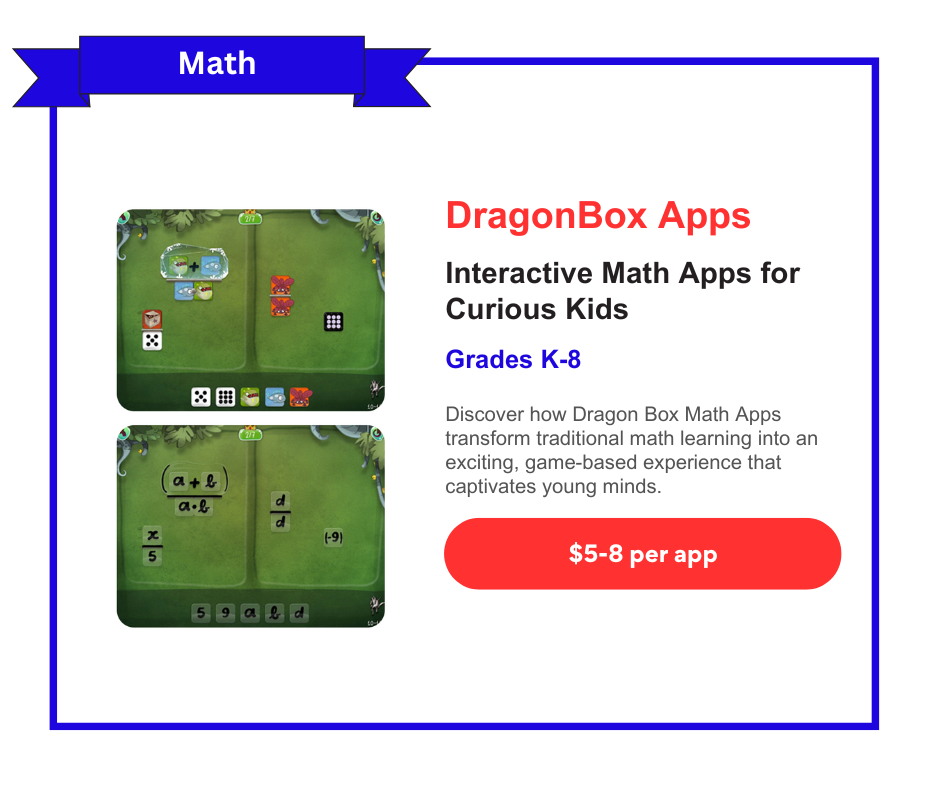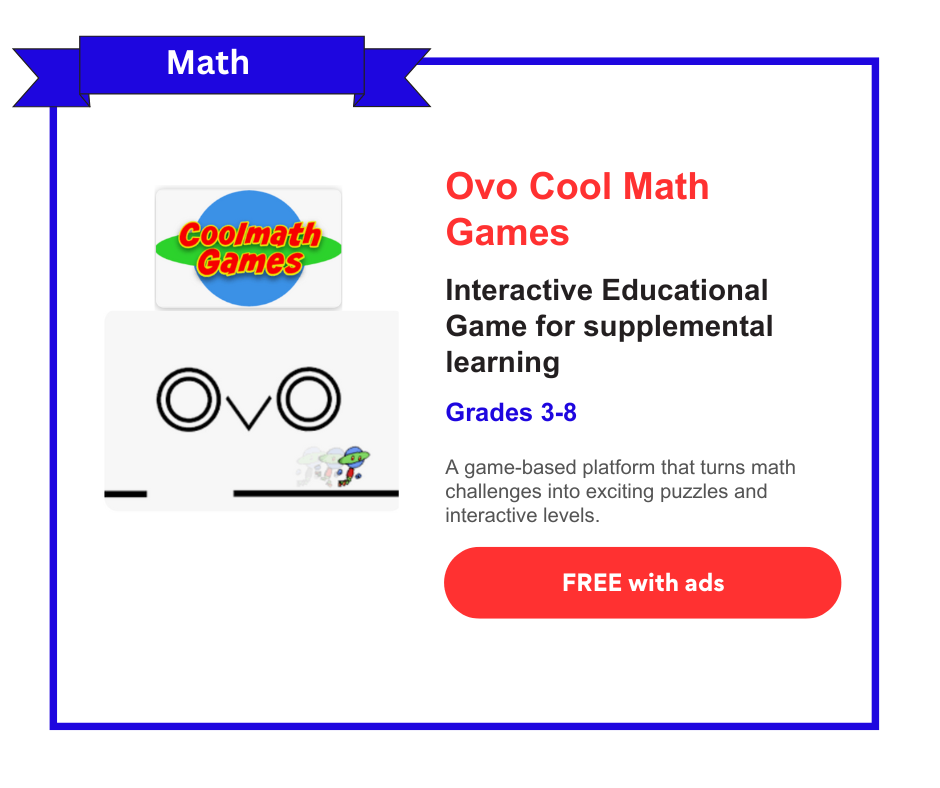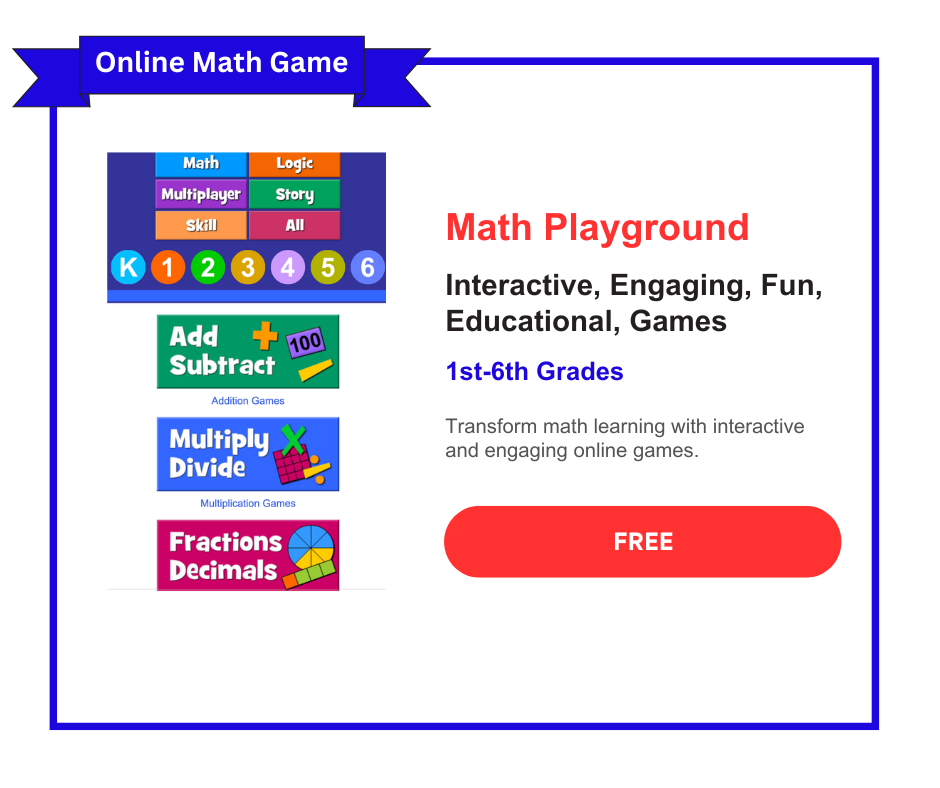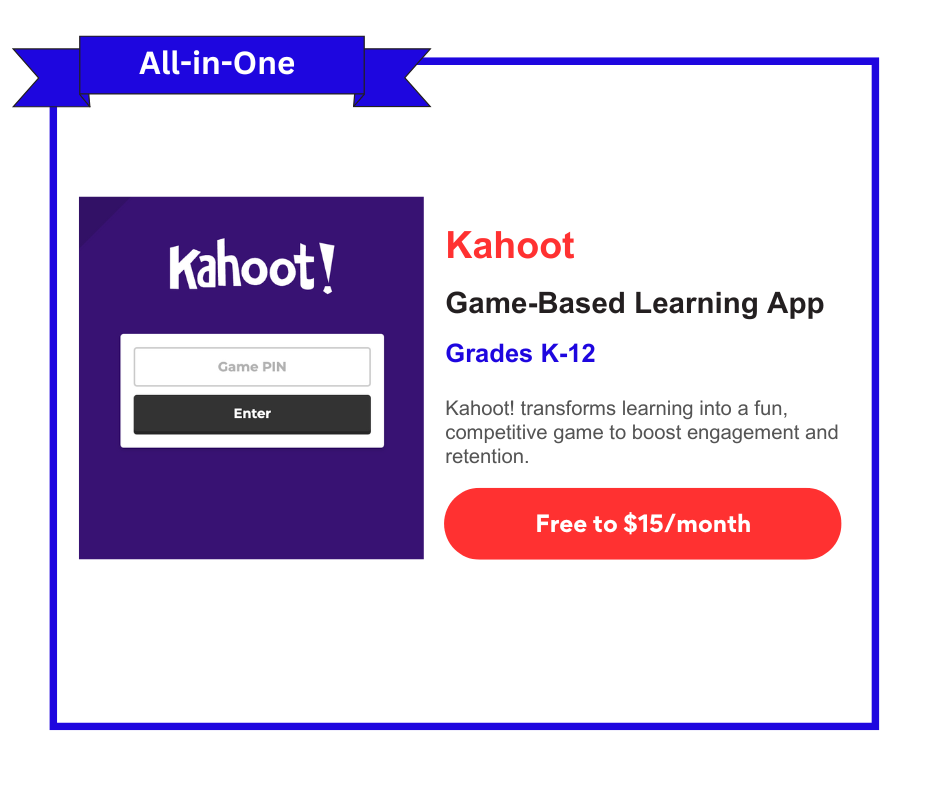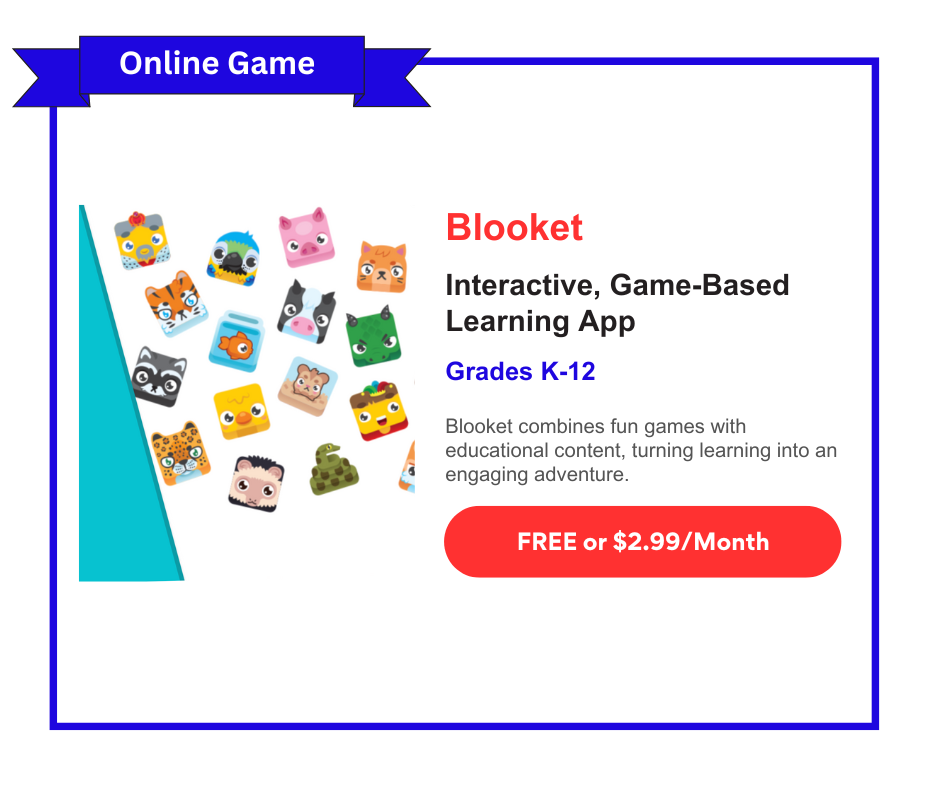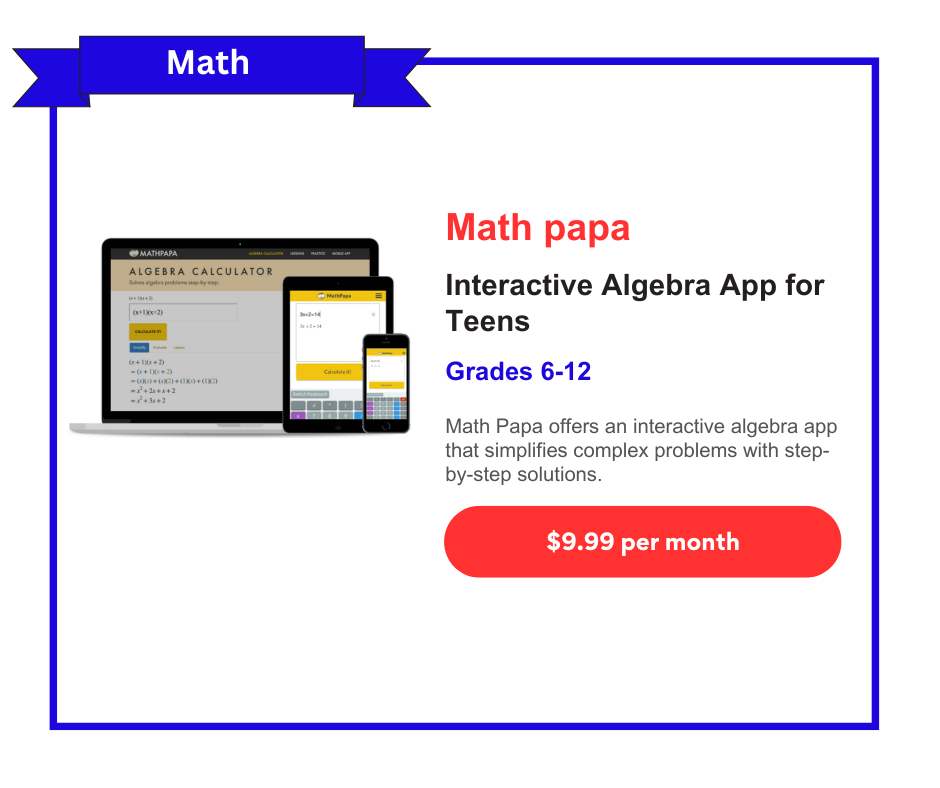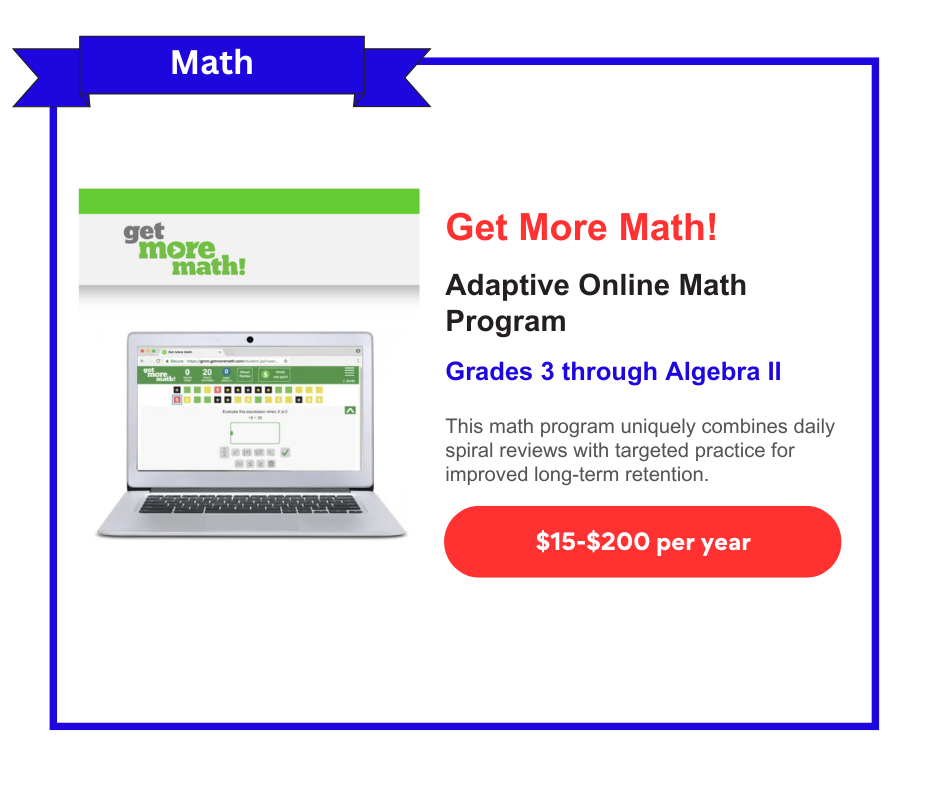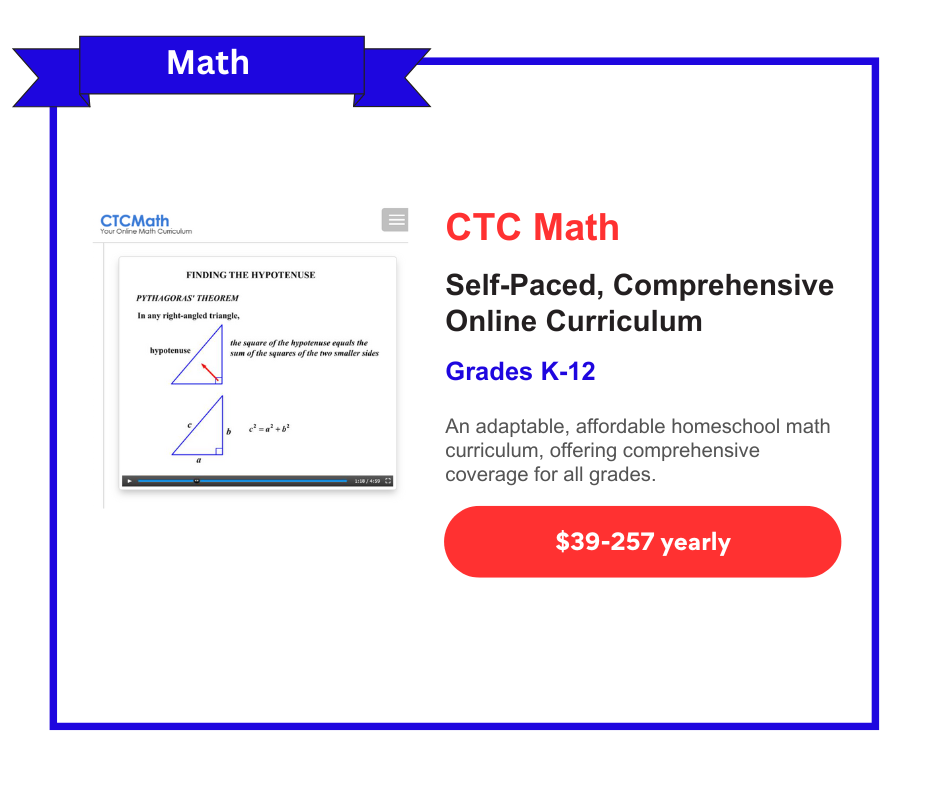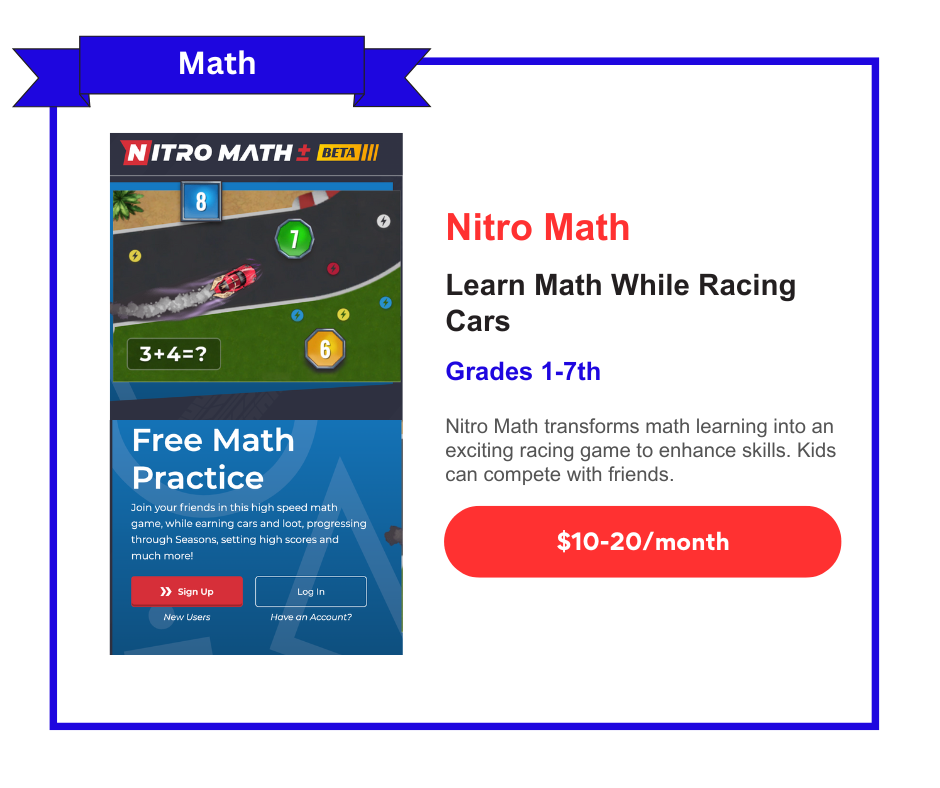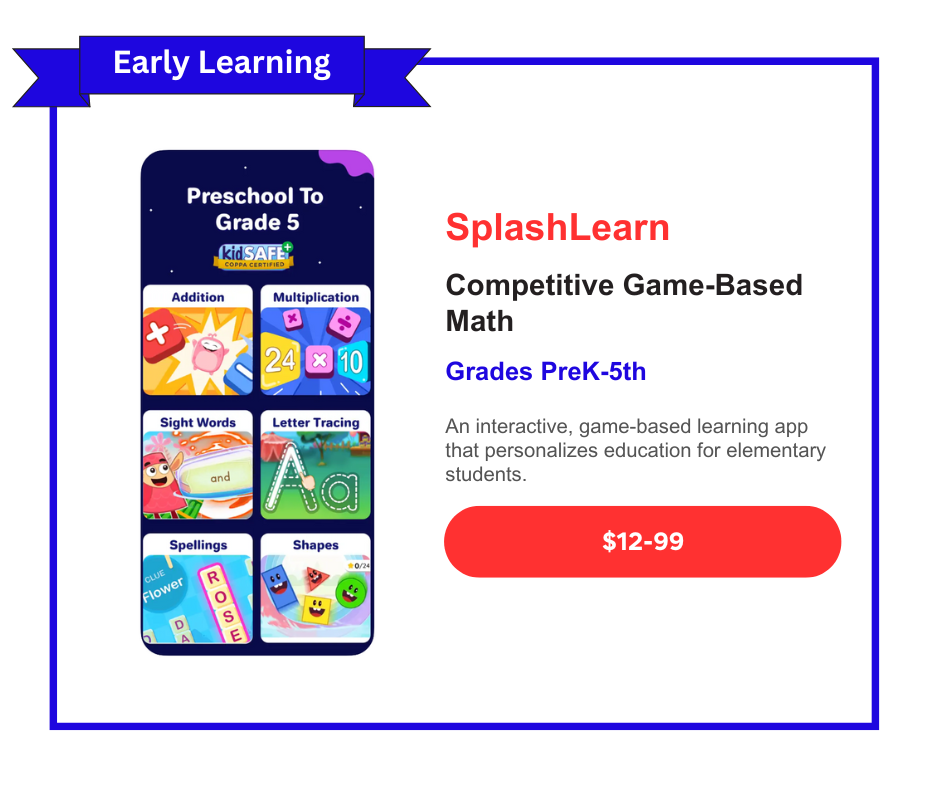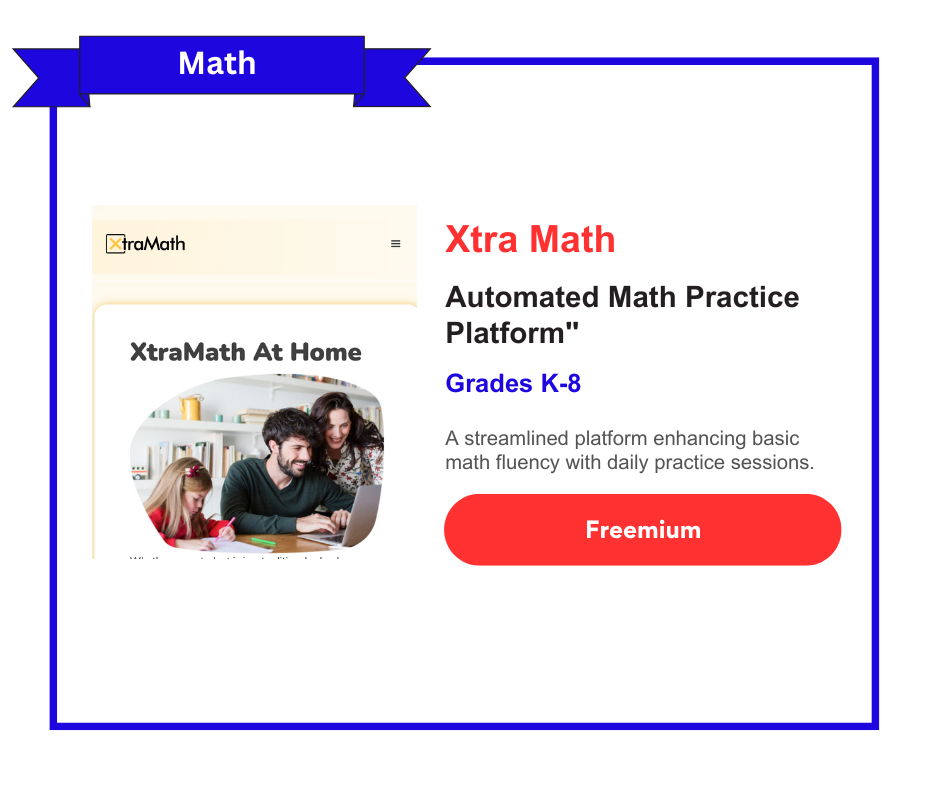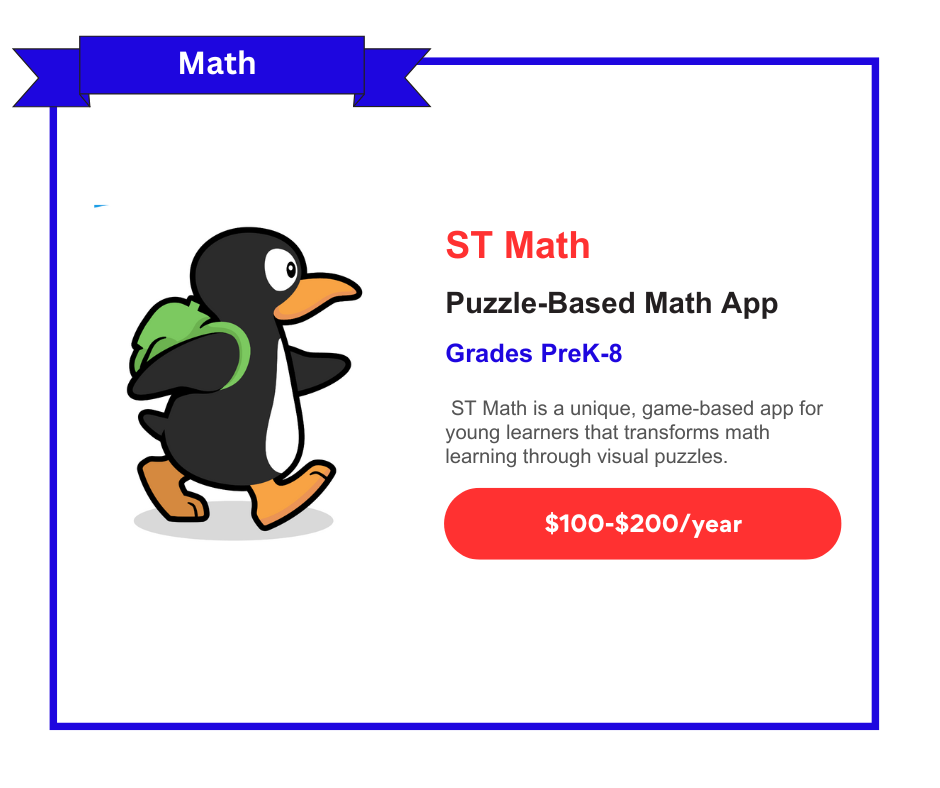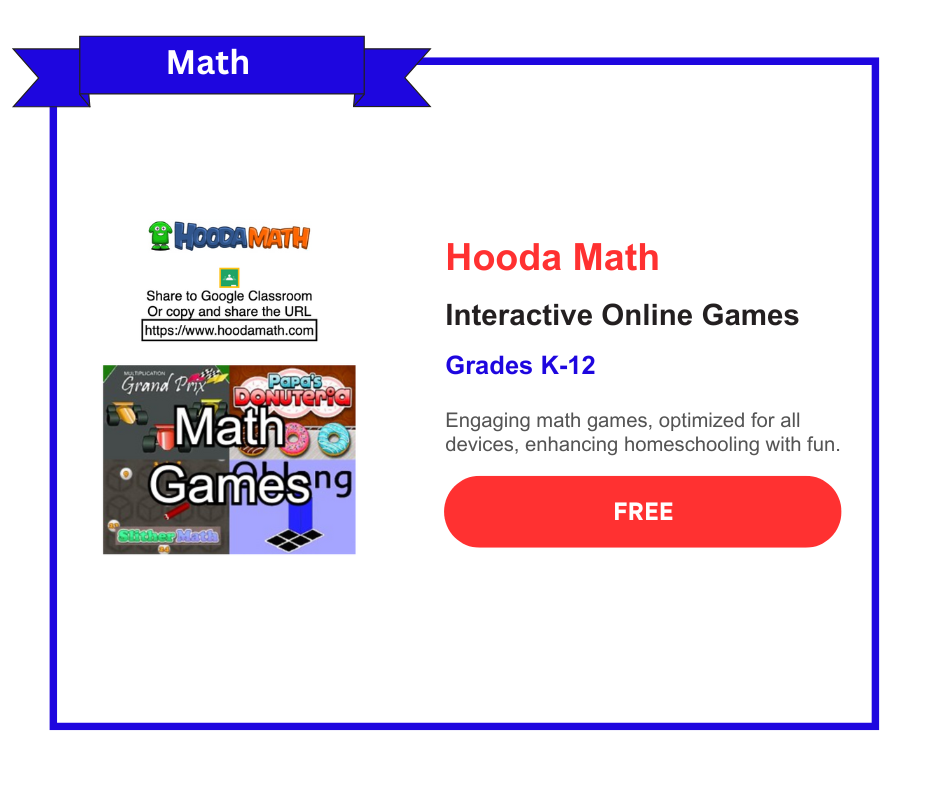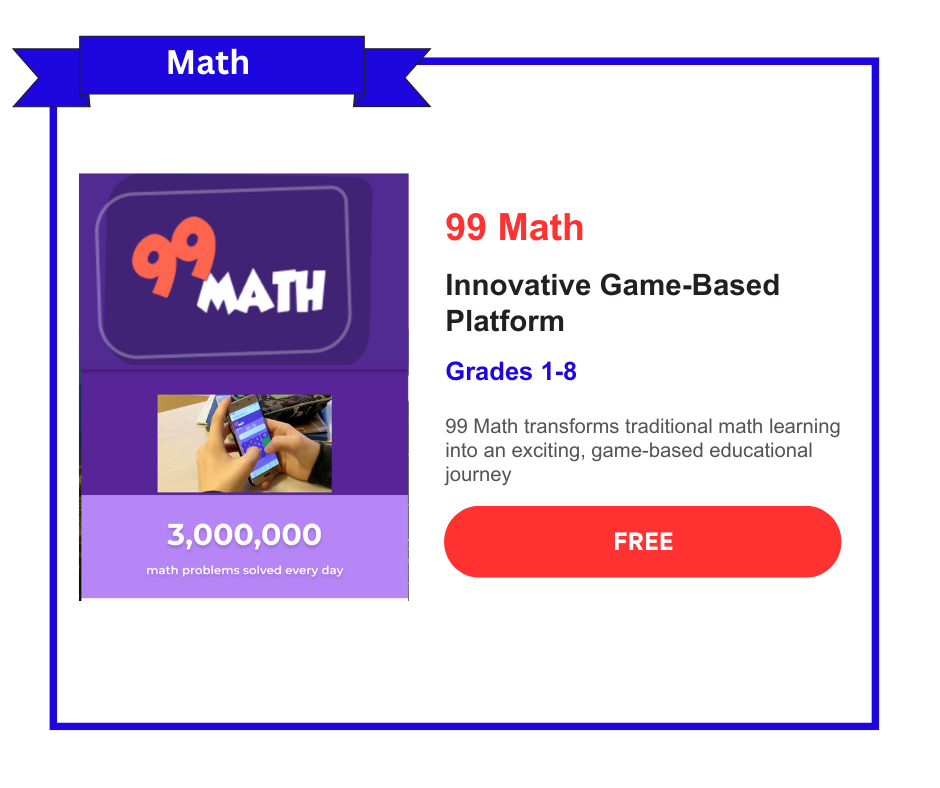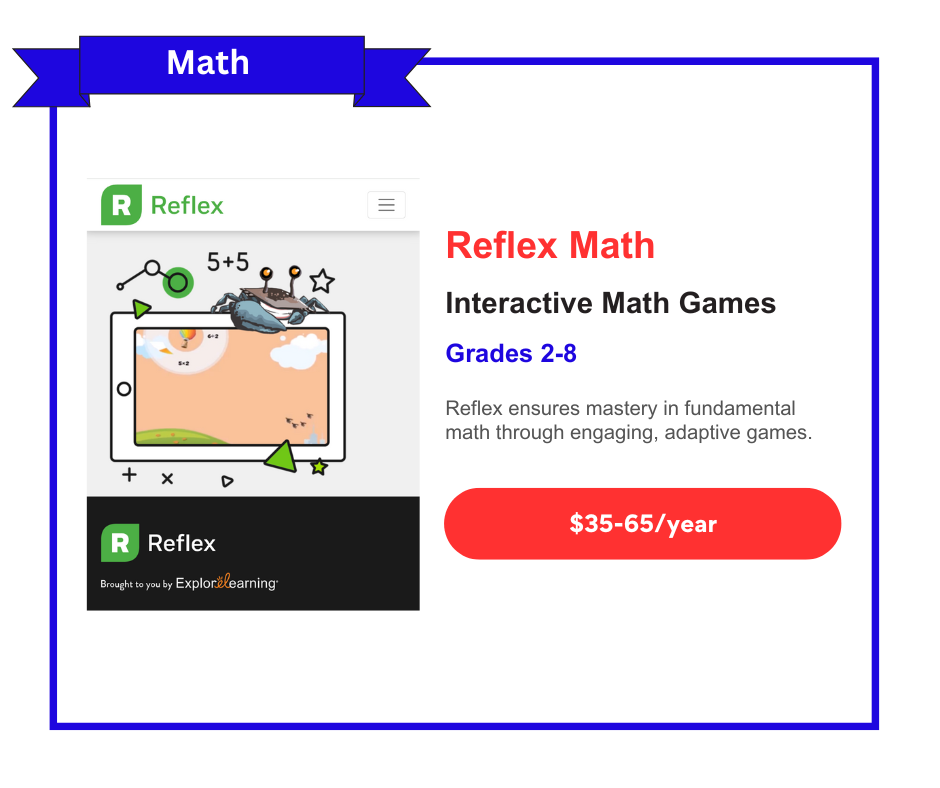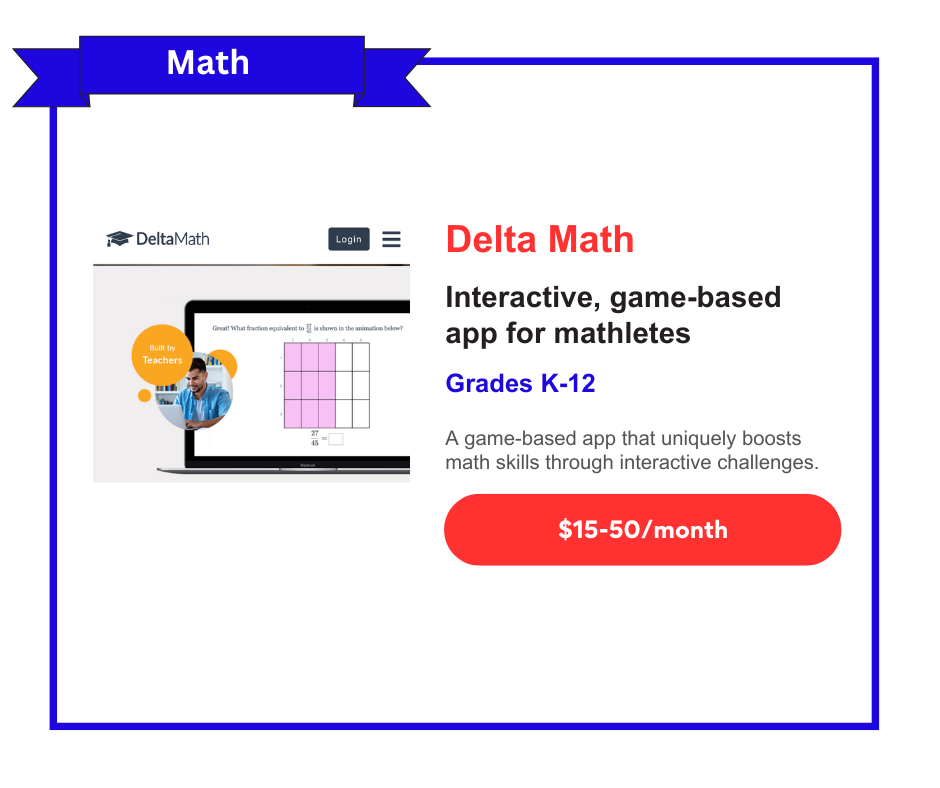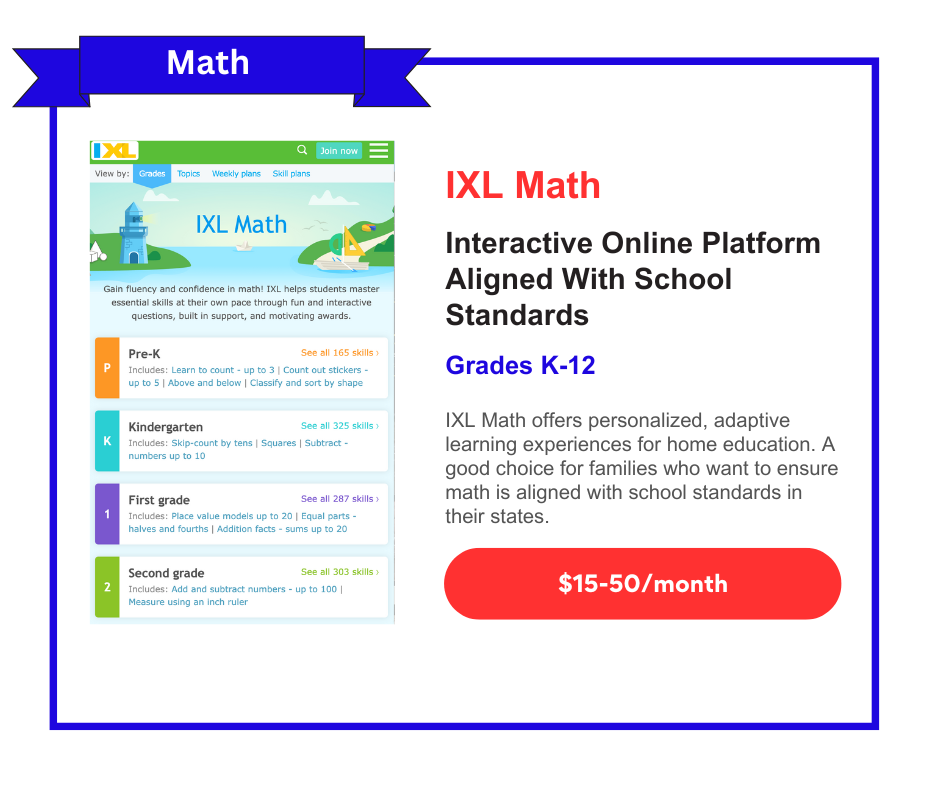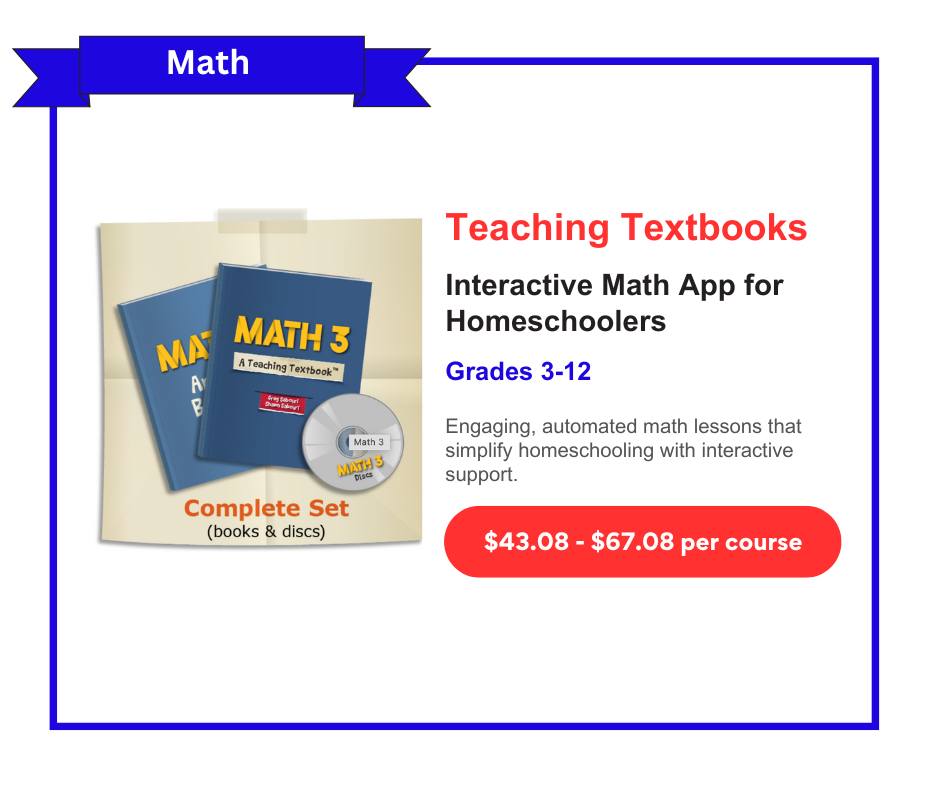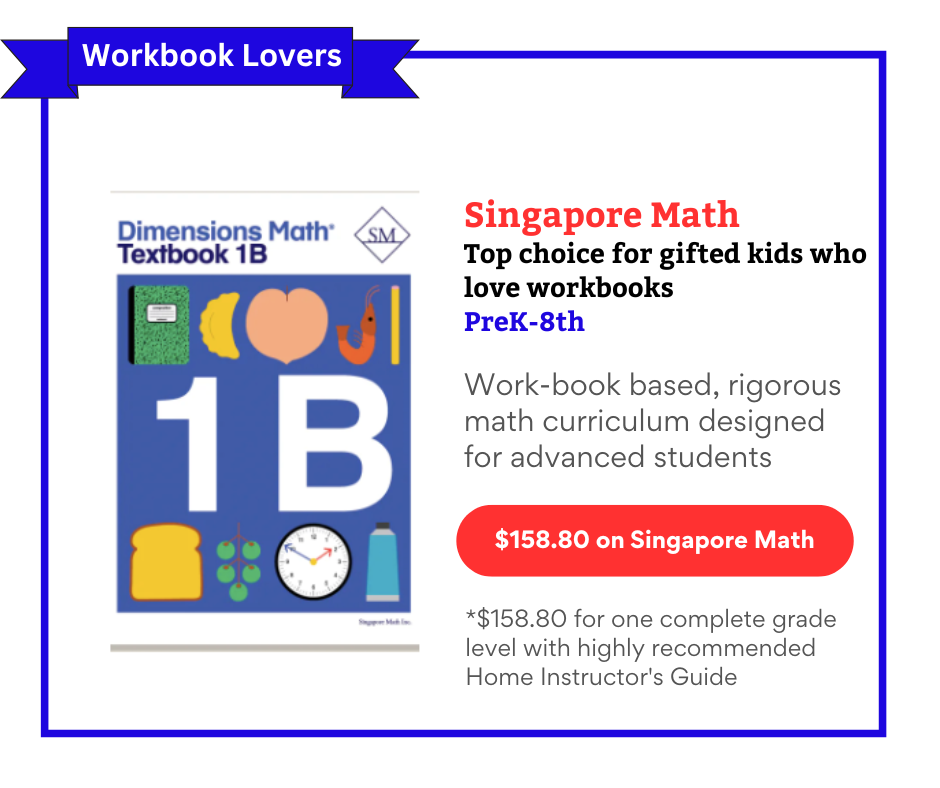Is Prodigy the Game a good choice for your kids? An unbiased review by educators and parents
Updated on February 16, 2025
Used by 50 million students around the world and 1 million teachers , Prodigy game is our top standards-aligned, open and go, mastery-based math choice for kids grades in K-8th who need confidence in math and get inspired by video games, and adaptive digital technology. Parents who are concerned with state standards will appreciate that they can align Prodigy with the standards in their state and see how children are progressing. While some families see it more as supplemental, we’ve observed many kids use it well as a full curriculum, especially, if they play with an adult who is there to ask questions and encourages them to draw on the videos and hints to enhance knowledge. We’ve talked to thousands of parents about Prodigy, pored through thousands of reviews and tested it with over 500 students to assess its quality, determine which children it’s a good fit for, who it’s not a match for and why. We’ve also interviewed the founder of Prodigy, Rohan Mahimker to address key questions and concerns parents have about how to get the most out of the program. Check out the full interview here.
Grades: K-8th
Costs: Free (Premium memberships range from $6.26-$99.95/year)
Now, let’s dig in to see if Prodigy the Game is a good fit for your child!
Introduction to Prodigy The Game
Prodigy the Game, an innovative platform combining education with gaming, is transforming how children perceive and learn mathematics. This mastery-based educational video game seamlessly integrates fun gaming with challenging math concepts, providing a unique and stimulating learning experience for your child.
Designed to adapt to your child's learning pace, Prodigy the Game is a mastery-based math learning platform that makes math a thrilling journey rather than a mundane task. By adding layers of fun, engaging visuals, and adventurous narratives, this game succeeds in sustaining children's attention while teaching them essential math skills.
The mission driving Prodigy The Game is to foster a love for learning among students and to provide a free, resourceful platform that boosts math achievement in classrooms and home-learning environments. Whether it's battling monsters, rescuing pets, or embarking on quests, your child will be continuously learning and applying new math concepts while playing this game.
Key Features of Prodigy The Game
The unique features of Prodigy The Game include personalized learning, progress tracking, accessibility for various learning needs, and its adaptive nature that ensures concept mastery before progressing.
Personalized Learning Experience
In Prodigy The Game, students get to create their own avatars, exploring the world of Prodigy filled with math problems that need solving to become stronger and complete quests. As students level up, the challenges adapt to the learner's progress, becoming harder or easier to ensure the subject's mastery before moving on to the next level. This adaptation keeps the game engaging for learners at all skill levels, boosting their confidence in their math abilities.
Progress Tracking for Parents and Educators
Prodigy The Game also features a robust analytics tool that assesses your child's performance and reports detailed statistics about their progress. Parents and educators can use these insights to identify specific areas where the student might need additional support. By creating parent or teacher accounts alongside the child's account, guardians can stay up-to-date on their child's learning journey.
Aligned with state standards
Prodigy the Game provides a feature that allows parents and educators to align the game's curriculum with state standards. This feature enables customization and tailoring of the learning experience to meet specific educational objectives and requirements set by each state. By aligning the game's content with state standards, parents and educators can ensure that their children are learning and practicing concepts that are relevant to their grade level and educational goals. This feature provides a valuable tool for integrating Prodigy the Game into the broader curriculum and ensuring alignment with specific state educational standards.
Accessible Learning for Diverse Needs
Recognizing the different learning needs of students, Prodigy The Game includes several accessibility features. For students with dyslexia or those who have difficulty with text, the platform includes a text-to-speech function that reads questions aloud. With minimal writing involved, the focus remains primarily on math skills, making the platform a suitable tool for students with diverse learning requirements.
Adaptive Learning Through Gaming
Adapting to each student's learning speed and level, Prodigy The Game ensures that all students can achieve mastery of the math concepts at their own pace. By incorporating gaming elements into education, Prodigy The Game bridges the gap between learning and fun, making math an enjoyable experience rather than a chore.
Additional Features: In-Game Rewards and Premium Memberships
While Prodigy The Game offers a comprehensive, free platform for everyone, it also provides the option to unlock more rewards, exclusive in-game areas, and cool gear for your child's avatar through premium memberships. Priced at $5-$10 a month, these premium memberships can motivate your child's learning, providing an even more immersive and rewarding experience.
The Pros and Cons of Prodigy The Game
While Prodigy The Game is a beneficial tool for practicing math skills, it's worth mentioning that some families have raised concerns about the platform's heavy focus on practice rather than teaching new concepts. Moreover, it may not be the best choice for students who are visually impaired, as there are small visual details that can't currently be zoomed in on.
Pros
Engaging: Children find Prodigy fun and are motivated to play, making learning more enjoyable.
Self-Paced: Prodigy allows children to move at their own pace, catering to both quick and slower learners.
Repetitive Practice: It serves as an effective tool for extra practice and review of math concepts.
Learning Analytics: The game provides parents with useful data on their child's progress and areas of difficulty, especially for paid subscribers.
Learning Through Mistakes: When children answer incorrectly, Prodigy shows them the correct answer and explains how to solve the problem.
Adaptive Learning: The game adapts to the learner's level, keeping them engaged and challenged.
Cons
Music is annoying. As a teacher, I found it almost impossible to listen to and also very complicated to turn down or off, though we eventually figured it out.
Not Comprehensive (for some): While some parents feel that Prodigy is a standalone curriculum, others believe it should be used as a supplement to a more traditional math curriculum.
Lack of Direct Instruction: Although the game corrects wrong answers, it doesn't seem to offer much direct teaching or in-depth instruction. There are however hints and videos students can play.
Guessing: Some parents observed that their children might be guessing the answers or bypassing difficult questions rather than learning.
Paywalls: Some features of the game are locked behind a paid subscription, which can be frustrating for users.
Heavy Gaming Element: Some parents feel the game focuses more on earning points and progressing in the game, rather than on learning math.
Focus on procedural, rather than conceptual understanding: This focus on procedural over conceptual understanding could be a drawback for some, as it might lead to a more surface-level understanding of math. For others, this focus on practice and repetition might be just what their children need to reinforce their math skills.
Adaptive Learning: The game adapts to the learner's level, keeping them engaged and challenged.
Is Prodigy the Game the right fit for your child?
Prodigy the Game is a good fit for
Children who are motivated by game-based learning: Many parents mentioned that their children, who otherwise struggled with traditional math instruction, were engaged and excited to learn through Prodigy due to its gamified approach.
Children needing practice and reinforcement: Prodigy's focus on procedural understanding provides opportunities for repetition and practice of math problems, making it effective for children who benefit from this type of learning and need to reinforce their math skills.
Independent learners: For children who are self-starters or prefer learning on their own, Prodigy offers a platform where they can learn at their own pace and challenge themselves with more complex problems as they progress.
Children with special needs: Some parents of children with ADHD, dyslexia, or math anxiety have found Prodigy beneficial due to its engaging and non-pressurized format. It's been reported to boost their child's confidence in math and reduce math-related stress.
Prodigy the Game might NOT be a good fit for
Children needing deep conceptual understanding, and gifted students: While Prodigy is effective for practice and repetition, some parents felt it didn't provide in-depth instruction or teach the underlying concepts in a systematic way. Therefore, it may not be the best fit for children who need a more conceptual understanding of math.
Children who are easily distracted: The game-like environment could be distracting for some children who might prioritize game progression over math learning, leading them to guess or bypass challenging problems.
Children who are not motivated by gaming: For children who do not find games engaging or rewarding, the gamified nature of Prodigy may not provide the motivation needed to consistently engage with the platform.
Children requiring structured, formal education: If a child thrives in a more traditional, structured learning environment, the freeform and self-guided nature of Prodigy might not suit them best. They may need a curriculum with more direct instruction and systematic learning.
Overall Educational Value Score: 56/100
Prodigy offers a unique and engaging platform for practicing math skills, making it an attractive option for supplementing homeschool education. However, its reliance on gamification can distract from deep learning, and the premium membership model may create inequities among students. While it is a valuable tool for keeping children engaged and practicing math, families may want to use it in conjunction with other educational resources to ensure a well-rounded math education.
Positive Scores:
Uniqueness (8/10): Prodigy's approach to integrating math with a game-based learning platform is innovative and engaging. Its unique blend of education and entertainment sets it apart from traditional math programs.
Engagement (7/10): Many parents note that their children enjoy playing Prodigy and find it fun and motivating, keeping them engaged in learning math for longer periods.
Accuracy (6/10): The math problems within Prodigy are aligned with educational standards and provide reliable content for students.
User-Friendliness (7/10): Prodigy is generally intuitive and easy for children to navigate, although some parents find the interface can be distracting due to its gamified elements.
Pedagogy (5/10): While Prodigy encourages math practice, it falls short in deeper conceptual understanding, often focusing more on rote memorization.
Homeschooling (6/10): Homeschooling parents appreciate Prodigy as a supplemental tool, though it is not seen as a comprehensive curriculum.
Learning Focus (5/10): The program focuses more on skill practice than on in-depth learning of mathematical concepts.
Personalization (7/10): Prodigy adapts to the learner's level, offering personalized content to some extent.
Special Needs (4/10): Prodigy offers limited features for children with special needs.
Value (5/10): The base game is free, but significant features are locked behind a premium paywall, which can be seen as limiting for some families.
Negative Scores:
Boredom (4/10): Some children may find the math elements repetitive and disengaging over time.
Addictive Components (5/10): The game's design can be addictive, with children focusing more on in-game rewards and progress rather than learning.
Violence (0/10): Prodigy contains no violent content.
Unhealthy Competition (3/10): The premium membership creates a tiered experience, leading to feelings of inequity among students.
Excessive Prioritization of School Standards (4/10): The program can sometimes emphasize meeting educational standards over fostering a love for learning and deep understanding.
Tips and tricks for Prodigy the Game
Explore Teacher Account: Consider creating a "teacher" account, which is free, alongside your child's account. This account allows you to assign specific problem types, set assignments, topics, and grade levels, and monitor your child's progress in a detailed way.
Incorporate Prodigy with other resources: Many parents found Prodigy to be an excellent supplemental tool rather than a standalone curriculum. Consider using it in combination with another math curriculum or resources to ensure a balanced approach, especially focusing on conceptual understanding.
Use the Game's Reports Feature: Make good use of the progress reports feature in the game. This feature lets you see areas where your child is struggling, allowing you to focus on those areas for additional instruction or practice.
Print and Use Worksheets: Prodigy generates worksheets in areas that your child may need help with. Make use of these worksheets for additional practice and reinforcement of concepts.
Balance Game Time with Learning: As Prodigy is game-based, children may sometimes focus more on the gaming aspects than the learning ones. Ensure that your child is spending enough time answering the math questions and learning from their mistakes rather than simply trying to progress in the game. Encourage them to slow down and work through challenging problems rather than bypassing them.
Join the Modulo Prodigy Game club: Become a Modulo member to benefit from our class codes, and play the game with other homeschooling students in our community.
My interview with the Co-Founder of Prodigy: Rohan Mahimker
I had the unique opportunity to sit down with Co-founder and Co-CEO of Prodigy, Rohan Mahimker and ask him about the story behind Prodigy, share parent questions and concerns, and explore how families can get the most of the program.
Frequently Asked Questions about Prodigy The Game
1. Is Prodigy okay for kids?
Absolutely! Prodigy is designed to be a game-based learning app that makes practicing essential math skills enjoyable for kids. It provides an adaptive platform for a personalized learning experience. However, it's essential to note that while the game's captivating features like battles, pets, spells, and upgrade suggestions can be engaging, they may sometimes distract kids from the primary learning goal.
2. Can I play Prodigy for free?
Yes, you can play Prodigy for free. Although the game offers a premium membership with additional features and benefits, access to the in-game curriculum-aligned content is available at no cost. The majority of users enjoy the platform without any charges, so you're free to explore Prodigy's educational content, even without a premium membership.
3. Is Prodigy the game safe?
Prodigy prioritizes user safety. It is a safe, secure platform for kids to learn and explore math concepts while playing a game. The content is tailored to be suitable and beneficial for kids, ensuring they engage in a safe online environment.
4. Is there an end to the Prodigy game?
The Prodigy game doesn't really have a definitive end. Even after reaching level 100, players can continue to explore more areas of Prodigy Island, complete more quests, and look forward to new releases. It's a continuous adventure designed to engage players and reinforce their math skills.
5. What age is Prodigy suitable for?
Prodigy is recommended for students from 1st to 8th grade, making it suitable for ages 6 to 14. However, the age range is unlimited, and the platform covers a broad curriculum, allowing it to cater to different learning needs.
6. Does Prodigy cost money?
While the base game is free, Prodigy also offers a premium membership known as "Level Up" for $9.95 USD per month, per child. This membership unlocks additional features and benefits, providing a more enriched learning and gaming experience.
7. Is the Premium subscription worth it?
Prodigy the Game premium can be a affordable and worthwhile investment for parents, particularly if their kids enjoy the game. The premium version grants access to extra pets, exclusive features, rewards, and expanded gameplay options that foster a positive attitude towards math. Parents can enhance the learning experience through customization, progress tracking and advanced parental controls. However, great experience can still be obtained without purchasing the premium version.
8. How can I quit Prodigy?
If you wish to cancel your Prodigy Membership, you can easily do so at any time. Log into your Parent account, go to the Memberships page, and click on the "Cancel" button.
9. Can Prodigy the Game be used as a full curriculum?
Parents differ on whether Prodigy the Game can be used as a full curriculum or just as a supplement. Some parents believe that Prodigy is not a full curriculum as it doesn't teach concepts and is better used as a supplement for math practice. They suggest using it alongside other resources or programs. On the other hand, many parents have effectively used Prodigy the Game as a primary math resource. A lot depends on the child, and whether they can teach themselves concepts by solving problems, and together, you can use the problems as jumping off points to explore new concepts together, drawing on a variety of resources.
Remember, this FAQ section is meant to be updated regularly based on common questions from your readers and updates to Prodigy The Game. It's also a great place to include keywords and improve your blog's SEO.
Reviews and Further Information on Prodigy The Game
To get more insights on how Prodigy The Game has helped other parents and students, you can visit the [Facebook reviews. To purchase or explore more about Prodigy The Game, visit their official website.
Prodigy The Game as a Revolution in Math Education
Prodigy The Game presents an innovative, engaging approach to learning math, successfully turning it into an adventure for students. By mixing fun visuals with challenging learning, the platform keeps students engaged while helping them master essential math skills. Whether you're a parent seeking a fun way to help your child love learning math or an educator looking for a free resource to boost math achievement, Prodigy The Game could be the solution you've been searching for.
To learn more about making the most of screen time teaching effectively with adaptive learning apps with Prodigy the Game, see our post “Tutoring with Adaptive Learning Apps”
For more math resources, see our post on “The best math programs for parents”
*Disclaimer: This blog post is not sponsored by Prodigy The Game. The views and experiences shared here are purely based on personal experiences and general online reviews.*

